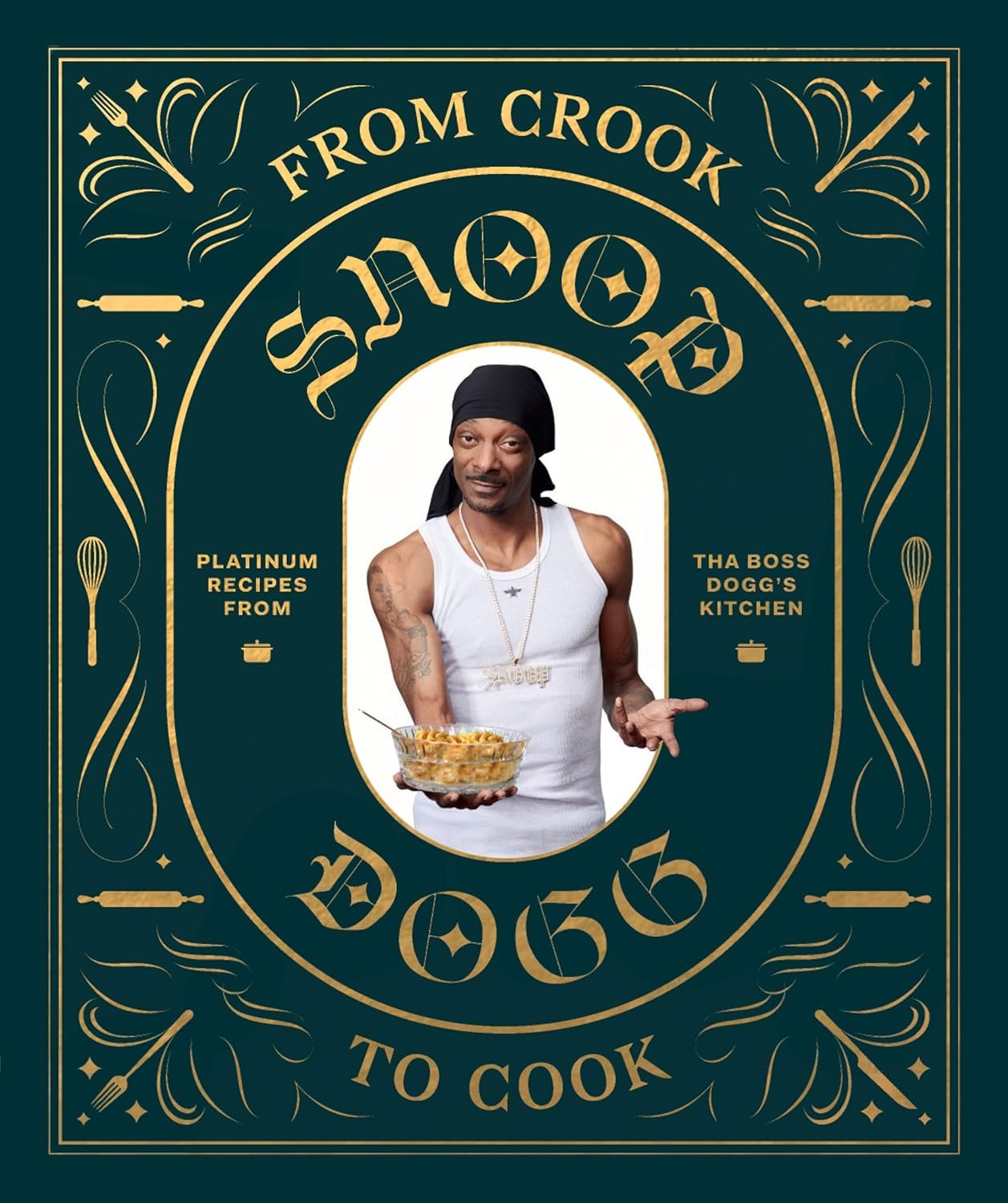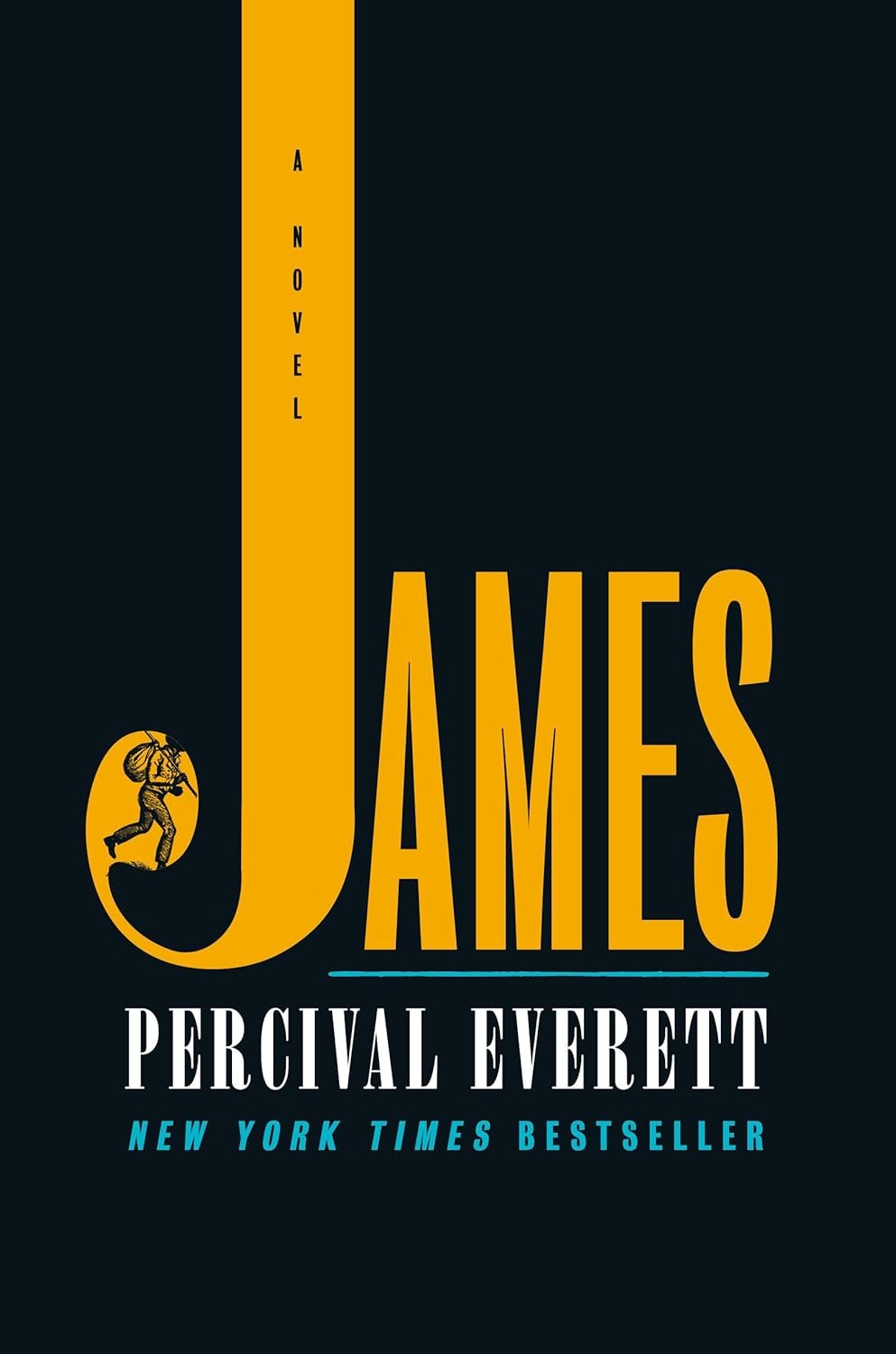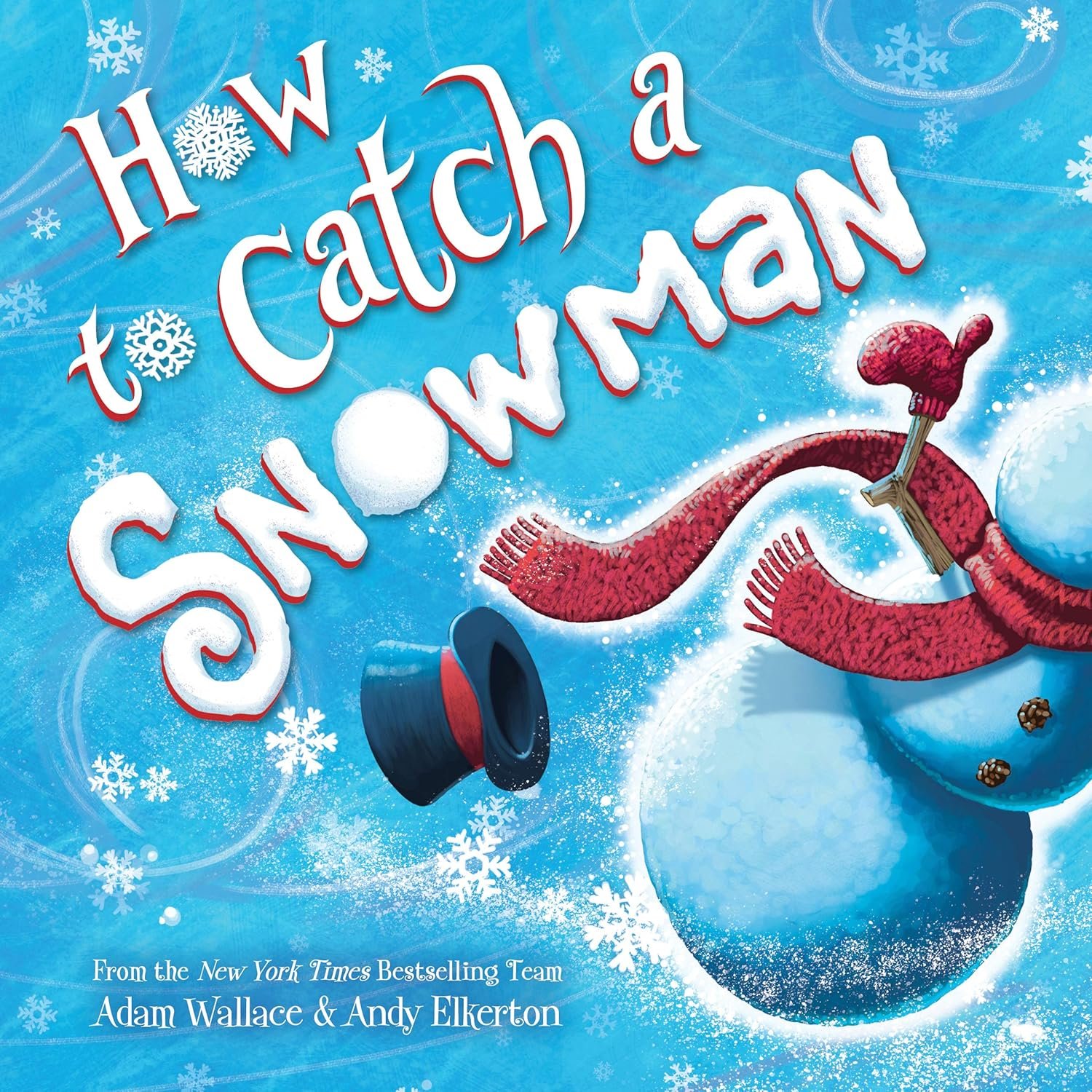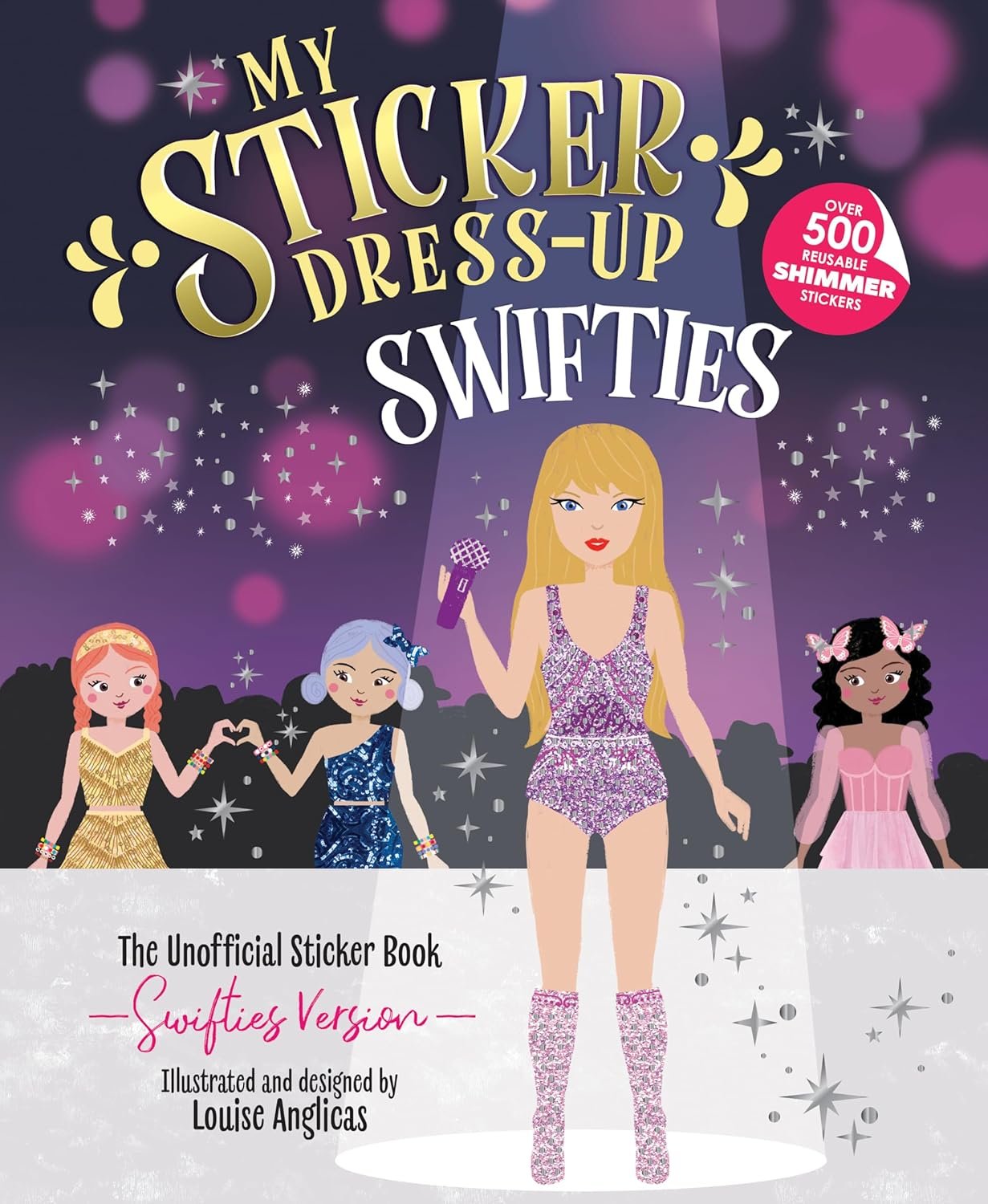… regardless, Daphne, I do not think you should have run off.
—from Eloise Bridgerton to her sister the Duchess of Hastings, during Daphne’s brief separation
from her husband,
mere weeks into their marriage
The ride to Benedict’s was rutted and bumpy, and by the time Eloise stepped down at her brother’s front steps, her mood had gone from bad to foul. To make matters worse, when the butler opened the door he looked at her as if she were a madwoman.
“Graves?” Eloise finally asked, when it became clear that he was beyond speech.
“Are they expecting you?” he asked, still gaping.
“Well, no,” Eloise said, looking quite pointedly beyond him into the house, since that, after all, was where she wanted to be.
It had started to drizzle, and she was not dressed for the rain. “But I hardly think . . .” she began.
Graves stepped aside, belatedly remembering himself and allowing her entrance. “It’s Master Charles,” he said, referring to Benedict and Sophie’s eldest son, just five and a half years old. “He’s quite ill. He—”
Eloise felt something awful and acidic rise in her throat. “What is wrong?” she asked, not even bothering to temper her urgency. “Is he . . .” Good heavens, how did one ask if a young child was dying?
“I’ll get Mrs. Bridgerton,” Graves said, swallowing convulsively. He turned and scurried up the stairs.
“Wait!” Eloise called out, wanting to ask him more, but he was already gone.
She slumped into a chair, feeling sick with worry, and then, as if that weren’t enough, rather disgusted with herself for having been even the least bit dissatisfied with her own lot in life. Her troubles with Phillip, which in truth weren’t even troubles at all but nothing more than small irritants— well, they seemed very small and insignificant next to this.
“Eloise!”
It was Benedict, not Sophie, who came down the stairs. He looked haggard, his eyes red-rimmed, his skin pale and pasty. Eloise knew better than to ask him how long it had been since he’d slept; the question would be beyond annoying, and besides, the answer was right there on his face— he hadn’t closed his eyes for days.
“What are you doing here?” he asked.
“I came for a visit,” she said. “Just to say hello. I had no idea. What is wrong? How is Charles? I saw him just last week. He looked fine. He— What is wrong?”
Benedict required several seconds to muster the energy to speak. “He has a fever. I don’t know why. On Saturday, he woke up fine, but by luncheon he was—” He sagged against the wall, closing his eyes in agony. “He was burning up,” he whispered. “I don’t know what to do.”
“What did the doctor say?” Eloise asked.
“Nothing,” Benedict said in a hollow voice. “Nothing of use, anyway.” “May I see him?”
Benedict nodded, his eyes still closed. “You need to rest,” Eloise said.
“I can’t,” he said.
“You must. You’re no good to anyone like this, and I’d wager Sophie is no better.”
“I made her sleep an hour ago,” he said. “She looked like death.”
“Well, you don’t look any better,” Eloise told him, keeping her tone purposefully brisk and businesslike. Sometimes that was what people needed at times like this—to be ordered about, told what to do. Compassion would only make her brother cry, and neither of them wanted to be witness to that.
“You must go to bed,” Eloise ordered. “Now. I’ll care for Charles. Even if you sleep only an hour, you’ll feel so much better.”
He didn’t reply; he’d fallen asleep standing up.
Eloise quickly took charge. She directed Graves to put Benedict to bed, and she took over the sickroom, trying not to gasp when she first stepped in and saw her small nephew.
He looked tiny and frail in the large bed; Benedict and Sophie had had him moved to their bedchamber, where there was more room for people to tend to him. His skin was flushed, but his eyes, when he opened them, were glassy and unfocused, and when he wasn’t lying unnaturally still, he was thrashing about, mumbling incoherently about ponies and treehouses and marzipan candy.
It made Eloise wonder what she would mumble incoherently about, were she ever to be gripped by a fever.
She mopped his brow, and she turned him and helped the maids change his sheets, and she didn’t notice as the sun slipped below the horizon. She just thanked the heavens that Charles did not worsen under her care, because according to the servants, Benedict and Sophie had been at his side for two days straight, and Eloise did not want to have to wake either of them up with bad news.
She sat in the chair by the bed, and she read to him from his favorite book of children’s tales, and she told him stories of when his father was young. And she doubted that he heard a word, but it all made her feel better, because she couldn’t just sit there and do nothing.
And it wasn’t until eight in the evening, when Sophie finally rose from her stupor and asked after Phillip, that it occurred to her that she ought to send a note, that he might be growing worried.
So she scrawled something short and hasty and resumed her vigil.
Phillip would understand.
By eight in the evening, Phillip realized that one of two things had happened to his wife. She had either perished in a carriage accident, or she had left him.
Neither prospect was terribly appealing.
He didn’t think she would have left him; she seemed mostly happy in their marriage, despite their quarrel that afternoon. And besides, she hadn’t taken any of her belongings with her, although that didn’t mean much; most of her belongings had yet to arrive from her home in London. It wasn’t as if she’d be leaving much behind here at Romney Hall.
Just a husband and two children.
Good God, and he’d just said to them this afternoon— I do believe she’s here to stay.
No, he thought savagely, Eloise would not leave him. She would never do such a thing. She didn’t have a cowardly bone in her body, and she would never slink off and abandon their marriage. If she was displeased in some way, she’d tell him so, right to his face and without mincing words.
Which, he realized, yanking on his coat as he practically hurled himself out the front door, meant that she was dead in some ditch on the Wiltshire road. It had been raining steadily all evening, and the roads between his house and Benedict’s were not well tended to begin with.
Hell, it would almost be better if she’d left him.
But as he rode up the drive to My Cottage, Benedict Bridgerton’s absurdly named house, soaking wet and in a terrible temper, it was starting to look more like Eloise had decided to abandon her marriage.
Because she hadn’t been lying in a ditch by the side of the road, and there hadn’t been any sign of any sort of carriage accident, and furthermore, she hadn’t been holed up at either of the two inns along the way.
And as there was only one route between his home and Benedict’s, it wasn’t as if she were in some other inn on some other road, and this entire farce could be chalked up to nothing more than a big misunderstanding.
“Temper,” he said under his breath as he stomped up the front steps. “Temper.”
Because he had never been so close to losing his.
Maybe there was a logical explanation. Maybe she hadn’t wanted to drive home in the rain. It wasn’t that bad, but it was more than a drizzle, and he supposed she might not have cared to travel.
He lifted up the knocker on the door and slammed it down. Hard. Maybe the carriage had broken a wheel.
He banged the knocker again.
No, that couldn’t explain it. Benedict could easily have sent her home in his carriage.
Maybe . . .
Maybe . . .
His mind searched fruitlessly for some other reason why she would be here with her brother and not at home with her husband. He couldn’t think of one.
The curse that hissed out of his mouth was one he had not uttered in years.
He reached up for the knocker again, this time prepared to yank the damned thing off the door and hurl it through the window, but just then the door opened, and Phillip found himself staring at Graves, whom he had met less than a fortnight earlier, during his farce of a courtship.
“My wife?” Phillip practically growled. “Sir Phillip!” the butler gasped.
Phillip didn’t move, even though the rain was streaming down his face. Damned house didn’t have a portico. Whoever heard of such a thing, in England, of all places?
“My wife,” he bit off again.
“She’s here,” Graves assured him. “Come in.”
Phillip stepped in. “I want my wife,” he said again. “Now.” “Let me get your coat,” Graves said.
“I don’t give a damn about my coat,” Phillip snapped. “I want my wife.”
Graves froze, his hands still poised to take Phillip’s coat. “Did you not receive Lady Crane’s note?”
“No, I did not receive a note.”
“I thought you’d arrived rather quickly,” Graves murmured. “You must have crossed with the messenger. You’d better come in.”
“I am in,” Phillip reminded him testily.
Graves let out a long breath, almost a sigh, which was remarkable for a butler bred not to show even a hint of emotion. “I think you will be here for some time,” he said softly. “Take off your coat. Get dry. You will want to be comfortable.”
Phillip’s anger suddenly slid into bone-deep terror. Had something happened to Eloise? Good God, if anything— “What is going on?” he whispered.
He’d just found his children. He wasn’t ready to lose his wife.
The butler just turned to the stairs with sad eyes. “Come with me,” he said softly.
Phillip followed, each step filling him with dread.
Eloise had, of course, attended church nearly every Sunday of her life. It was what was expected of her, and it was what good, honest people did, but in truth she’d never been a particularly God-fearing or religious sort. Her mind tended to wander during the sermons, and she sang along with the hymns not out of any great sense of spiritual uplifting but rather because she very much liked the music, and church was the only acceptable place for a tin ear like herself to raise her voice in song.
But now, tonight, as she looked down upon her small nephew, she prayed.
Charles hadn’t worsened, but he hadn’t improved, and the doctor, who had come and gone for the second time that day, had pronounced it “in God’s hands.”
Eloise hated that phrase, hated how doctors resorted to it when faced with illness beyond their skills, but if the physician was correct, and it was indeed in God’s hands, then by the heavens above, that was to whom she would appeal.
When she wasn’t placing a cooling cloth on Charles’s forehead or spooning lukewarm broth down his throat, that was. But there was only so much to be done, and most of her time in the sickroom was spent rather helplessly in vigil.
And so she just sat there, her hands folded tightly in her lap, whispering, “Please. Please.”
And then, as if the wrong prayer had been answered, she heard a noise in the doorway, and somehow it was Phillip, even though she’d only sent the messenger an hour earlier. He was soaked from the rain, his hair plastered inelegantly against his forehead, but he was the dearest sight she’d ever seen, and before she had a clue what she was doing, she’d run across the room and thrown herself into his arms.
“Oh, Phillip,” she sobbed, finally allowing herself to cry. She’d been so strong all day, forcing herself to be the rock that her brother and sister-in-
law needed. But now Phillip was here, and as his arms came around her, he felt so solid and good, and for once she could allow someone else to be strong for her.
“I thought it was you,” Phillip whispered. “What?” she asked, confused.
“The butler—he didn’t explain until we were up the stairs. I thought it was—” He shook his head. “Never mind.”
Eloise said nothing, just looked up at him, a tiny, sad smile on her face. “How is he?” he asked.
She shook her head. “Not good.”
He looked over at Benedict and Sophie, who had risen to greet him.
They looked rather “not good” as well.
“How long has he been this way?” Phillip asked. “Two days,” Benedict replied.
“Two and a half,” Sophie corrected. “Since Saturday morning.”
“You need to get dry,” Eloise said, pulling away from him. “And now I do, too.” She looked ruefully down at her dress, now soaked through the front from Phillip’s wet clothing. “You’ll end up in no better a state than Charles.”
“I’m fine,” Phillip said, brushing past her as he came to the little boy’s bedside. He touched his forehead, then shook his head and glanced back at his parents. “I can’t tell,” he said. “I’m too cold from the rain.”
“He’s feverish,” Benedict confirmed grimly. “What have you done for him?” Phillip asked.
“Do you know something of medicine?” Sophie asked, her eyes filling with desperate hope.
“The doctor bled him,” Benedict answered. “It didn’t seem to help.”
“We’ve been giving him broth,” Sophie said, “and cooling him when he grows too hot.”
“And warming him when he grows too cold,” Eloise finished miserably. “Nothing seems to work,” Sophie whispered. And then, in front of everyone, she simply crumpled. Collapsed against the side of the bed and
sobbed.
“Sophie,” Benedict choked out. He dropped to his knees beside her and held her as she wept, and Phillip and Eloise both looked away as they realized that he was crying, too.
“Willow bark tea,” Phillip said to Eloise. “Has he had any?” “I don’t think so. Why?”
“It’s something I learned at Cambridge. It used to be given for pain, before laudanum became so popular. One of my professors insisted that it also helped to reduce fever.”
“Did you give the tea to Marina?” Eloise asked.
Phillip looked at her in surprise, then remembered that she still thought Marina had died of lung fever, which, he supposed, was mostly true. “I tried,” he answered, “but I couldn’t get much down her throat. And besides, she was much sicker than Charles.” He swallowed, remembering. “In many ways.”
Eloise looked up into his face for a long moment, then turned briskly to Benedict and Sophie, who were quiet now, but still kneeling on the floor together, lost in their private moment.
Eloise, however, being Eloise, had little reverence for private moments at such a time, and so grabbed her brother’s shoulder and turned him around. “Do you have any willow bark tea?” she asked him.
Benedict just looked at her, blinking, and then finally said, “I don’t know.”
“Mrs. Crabtree might,” Sophie said, referring to one half of the old couple who had cared for My Cottage before Benedict had married, when it had been nothing more than an occasional place for him to lay his head. “She always has things like that. But she and Mr. Crabtree went to visit their daughter. They won’t be home for several days.”
“Can you get into their house?” Phillip asked. “I will recognize it if she has it. It won’t be a tea. Just the bark, which we’ll soak in hot water. It might help to bring down the fever.”
“Willow bark?” Sophie asked doubtfully. “You mean to cure my son with the bark of a tree?”
“It certainly can’t hurt him now,” Benedict said gruffly, striding toward the door. “Come along, Crane. We have a key to their cottage. I will take you there myself.” But as he reached the doorway, he turned to Phillip and asked, “Do you know what you are about?”
Phillip answered the only way he knew how. “I don’t know. I hope so.”
Benedict stared him in the face, and Phillip knew that the older man was taking his measure. It was one thing for Benedict to allow him to marry his
sister. It was quite another to let him force strange potions down his son’s throat.
But Phillip understood. He had children, too. “Very well,” Benedict said. “Let’s go.”
And as Phillip hurried out of the house, all he could do was pray that Benedict Bridgerton’s trust in him had not been misplaced.
In the end it was difficult to say whether it was the willow bark or Eloise’s whispered prayers or just dumb luck, but by the following morning Charles’s fever had broken, and although the boy was still weak and listless, he was indubitably on the mend. By noontime, it was clear that Eloise and Phillip were no longer needed and in fact were getting in the way, and so they climbed into their carriage and headed home, both eager to collapse into their large, sturdy bed and, for once, do nothing but sleep.
The first ten minutes of the ride home were spent in silence. Eloise, astonishingly, found herself too tired to speak. But even in her exhaustion, she was too restless, too tightly wound from the stress and worry of the previous night to sleep. And so she contented herself with staring out the window at the dampened countryside. It had stopped raining right about the time Charles’s fever broke, suggesting a divine intervention that might have pointed to Eloise’s prayers as the young boy’s savior, but as Eloise stole a glance at her husband, sitting beside her in the carriage with his eyes closed (although not, she was quite certain, asleep), she knew it was the willow bark.
She didn’t know how she knew, and she was quite cognizant of the fact that she could never prove it, but her nephew’s life had been saved by a cup of tea.
And to think how unlikely it was that Phillip had even been at her brother’s house that evening. It had been quite a singular chain of events. If she hadn’t gone in to see the twins, if she hadn’t gone to tell Phillip that she didn’t like their nurse, if they hadn’t quarreled . . .
Put that way, little Charles Bridgerton was quite the luckiest little boy in Britain.
“Thank you,” she said, not realizing that she’d intended to speak until the words left her lips.
“For what?” Phillip murmured sleepily, without opening his eyes. “Charles,” she said simply.
Phillip did open his eyes at that, and he turned to her. “It might not have been my doing. We’ll never know if it was the willow bark.”
“I know,” she said firmly.
His lips curved into the barest of smiles. “You always do.”
And she thought to herself— Was this what she’d been waiting for her entire life? Not the passion, not the gasps of pleasure she felt when he joined her in bed, but this.
This sense of comfort, of easy companionship, of sitting next to someone in a carriage and knowing with every fiber of your being that it was where you belonged.
She placed her hand on his. “It was so awful,” she said, surprised that she had tears in her eyes. “I don’t think I have ever been so scared in my life. I can’t imagine what it must have been like for Benedict and Sophie.”
“Nor I,” Phillip said softly.
“If it had been one of our children . . .” she said, and she realized it was the first time she’d said that. Our children.
Phillip was silent for a long time. When he spoke, he was looking out the window. “The entire time I was watching Charles,” he said, his voice suspiciously hoarse, “all I kept thinking was, thank God it’s not Oliver or Amanda.” And then he turned back to her, his face pinched with guilt. “But it shouldn’t be anyone’s child.”
Eloise squeezed his hand. “I don’t think there is anything wrong with such feelings. You’re not a saint, you know. You’re just a father. A very good one, I think.”
He looked at her with an odd expression, and then he shook his head. “No,” he said gravely, “I’m not. But I hope to be.”
She cocked her head. “Phillip?”
“You were right,” he said, his mouth tightening into a grim line. “About their nurse. I didn’t want anything to be wrong, and so I paid no attention, but you were right. She was beating them.”
“What?”
“With a book,” he continued, his voice almost dispassionate, as if he’d already used up all of his emotions. “I walked in and she was beating Amanda with a book. She had already finished with Oliver.”
“Oh, no,” Eloise said, as tears—of sorrow and anger—filled her eyes. “I never dreamed. I didn’t like her, of course. And she’d rapped them on the knuckles, but . . . I’ve been rapped on the knuckles. Everyone has been rapped on the knuckles.” She slumped in her seat, guilt weighing her shoulders down. “I should have realized. I should have seen.”
Phillip snorted. “You’ve barely been in residence a fortnight. I’ve been living with that bloody woman for months. If I didn’t see, why should you have done?”
Eloise had nothing to say to this, nothing at least that would not make her already guilt-ridden husband feel worse. “I assume you dismissed her,” she finally said.
He nodded. “I told the children you would help to find a replacement.” “Of course,” she said quickly.
“And I—” He stopped, cleared his throat, and looked out the window before continuing. “I—”
“What is it, Phillip?” she asked softly.
He didn’t turn back to her when he said, “I’m going to be a better father. I’ve pushed them away for too long. I was so afraid of becoming my father, of being like him, that I—”
“Phillip,” Eloise murmured, laying her hand on his, “you’re not like your father. You could never be.”
“No,” he said, his voice hollow, “but I thought I could. I got a whip once. I went to the stables and I grabbed the whip.” His head fell into his hands. “I was so angry. So bloody angry.”
“But you didn’t use it,” she whispered, knowing that her words were true. They had to be.
He shook his head. “But I wanted to.”
“But you didn’t,” she said again, keeping her voice as firm as she was able.
“I was so angry,” he said again, and she wasn’t even sure he’d heard her, so lost was he in his own memory. But then he turned to her, and his eyes pierced hers. “Do you understand what it is to be terrified by your own anger?”
She shook her head.
“I’m not a small man, Eloise,” he said. “I could hurt someone.”
“So could I,” she replied. And then, at his dry look, she added, “Well, maybe not you, but I’m certainly big enough to hurt a child.”
“You would never do that,” he grunted, turning away. “Neither would you,” she repeated.
He was silent.
And then, suddenly, she understood. “Phillip,” she said softly, “you said you were angry, but . . . with whom were you angry?”
He looked at her uncomprehendingly. “They glued their governess’s hair to the sheets, Eloise.”
“I know,” she said, with a dismissive wave of her hand. “I’m quite certain I would have wanted to throttle them both, had I been present. But that’s not what I asked.” She waited for him to make some sort of response. When he did not, she added, “Were you angry with them because of the glue, or were you angry with yourself, because you didn’t know how to make them mind?”
He didn’t say anything but they both knew the answer.
Eloise reached out and touched his hand. “You’re nothing like your father, Phillip,” she repeated. “Nothing.”
“I know that now,” Phillip said softly. “You have no idea how badly I wanted to tear that bloody Nurse Edwards from limb to limb.”
“I can imagine,” Eloise said, snorting as she settled back in her seat.
Phillip felt his lips twitch. He had no idea why, but there was something almost funny in his wife’s tone, something comforting, even. Somehow they had found humor in a situation where there ought not to be any. And it felt good.
“She deserved nothing less,” Eloise added with a shrug. And then she turned and looked at him. “But you didn’t touch her, did you?”
He shook his head. “No. And if I managed to keep my temper with her, then I’m damn well not ever going to lose it with my children.”
“Of course not,” Eloise said, as if it had never been an issue. She patted his hand, then glanced out the window, clearly unconcerned.
Such faith in him, Phillip realized. Such faith in his inner goodness, in the quality of his soul, when he’d been wracked by doubt for so many years.
And then he felt he had to be honest, had to come clean, and before he knew what he was about, he blurted out, “I thought you’d left me.”
“Last night?” She turned to him in shock. “Whyever would you think that?”
He shrugged self-deprecatingly. “Oh, I don’t know. It might be because you left for your brother’s house and never came back.”
She hmmphed at that. “It’s clear now why I was detained, and besides, I would never leave you. You should know that.”
He quirked a brow. “Should I?”
“Of course you should,” she said, looking rather cross with him. “I made a vow in that church, and I assure you I do not take such things lightly. Besides, I made a commitment to Oliver and Amanda to be their mother, and I would never turn my back on that.”
Phillip regarded her steadily, then murmured, “No. No, you wouldn’t.
Silly of me not to have thought of that.”
She sat back and crossed her arms. “Well, you should have done. You know me better than that.” And then, when he did not say anything more, she added, “Those poor children. They have already lost one mother through no fault of their own. I’m certainly not going to run off and make them go through all that again.”
She turned to him with a supremely irritated expression. “I cannot believe you even thought that of me.”
Phillip was beginning to wonder the same thing himself. He’d only known Eloise—Dear God, could it possibly have been only two weeks? It felt, in many ways, like a lifetime. Because he did feel he knew her, inside and out. She’d always have her secrets, of course, as all people did, and he was quite certain he’d never understand her, since he couldn’t imagine ever understanding anyone female.
But he knew her. He was quite certain he knew her. And he should have known better than to have worried that she’d abandoned their marriage.
It must have been panic, pure and simple. And, he supposed, because it was better to think she’d left him than to imagine her dead in a ditch by the side of the road. With the former he could at least storm her brother’s house and drag her home.
If she’d died . . .
He was unprepared for the pain he felt in his gut at the mere thought.
When had she come to mean so much to him? And what was he going to do to keep her happy?
Because he needed her happy. Not just, as he’d been telling himself, because a happy Eloise meant that his life would continue to run smoothly. He needed her happy because the mere thought of her unhappy was like a knife in his heart.
The irony was well aimed, indeed. He’d told himself, over and over, that he’d married her to be a mother to his children, but just now, when she’d declared that she would never leave their marriage, that her commitment to the twins was too strong—
He’d felt jealous.
He’d actually felt jealous of his own children. He’d wanted her to mention the word wife, and all he’d heard was mother.
He wanted her to want him. Him. Not just because she’d made a vow in a church, but because she was quite convinced she could not live without him. Maybe even because she loved him.
Loved him.
Dear God, when had this happened? When had he come to want so much from marriage? He’d married her to mother his children; they both knew that.
And then there was the passion. He was a man, for God’s sake, and he’d not lain with a woman for eight years. How could he not be drunk on the feel of Eloise’s skin next to his, on the sound of her whimpers and moans when she exploded around him?
On the pure force of his own pleasure every time he entered her?
He’d found everything he’d ever wanted in a marriage. Eloise ran his life to perfection by day and warmed his bed with the skill of a courtesan by night. She fulfilled his every desire so well that he hadn’t noticed that she’d done something more.
She’d found his heart. She’d touched it, changed it. Changed him.
He loved her. He hadn’t been looking for love, hadn’t even given a thought to it, but there it was, and it was the most precious thing imaginable.
He was at the dawn of a new day, the first page of a new chapter of his life. It was thrilling. And terrifying. Because he did not want to fail. Not now, not when he’d finally found everything he needed. Eloise. His children. Himself.
It had been years since he’d felt comfortable in his own skin, since he’d trusted his instincts. Since he’d looked in the mirror without avoiding his own gaze.
He glanced out the window. The carriage was slowing down, pulling up alongside Romney Hall. Everything looked gray—the skies, the stone of the house, the windows, which reflected the clouds. Even the grass seemed a little less green without the sun to brighten its hue.
It suited his contemplative mood perfectly.
A footman appeared to help Eloise down, and once Phillip had hopped down beside her, she turned to him and said, “I’m exhausted, and you look the same. Shall we go take a nap?”
He was just about to agree, since he was exhausted, but then, just before the words could leave his lips, he shook his head and said, “You go along without me.”
She opened her mouth to question him, but he silenced her with a gentle squeeze on her shoulder. “I’ll be up shortly,” he said. “But right now, I think I want to hug my children.”





